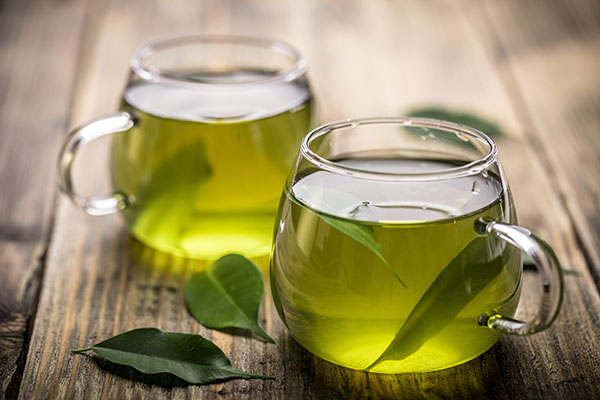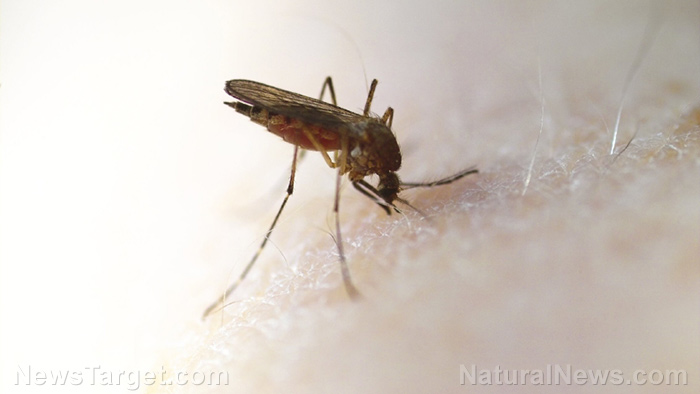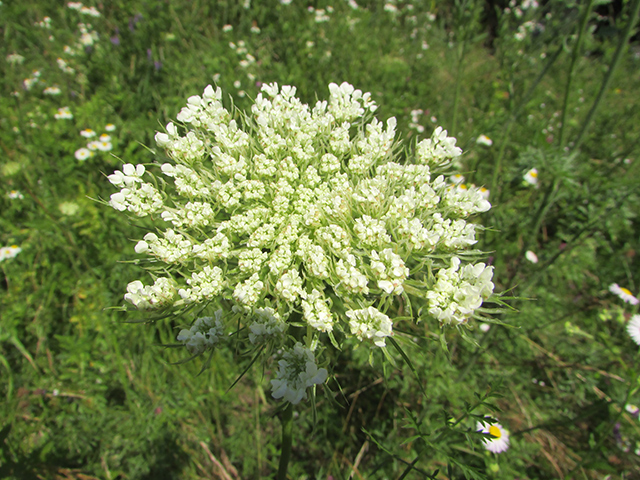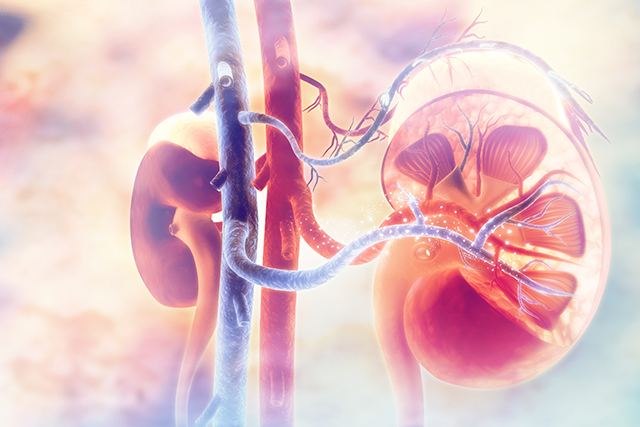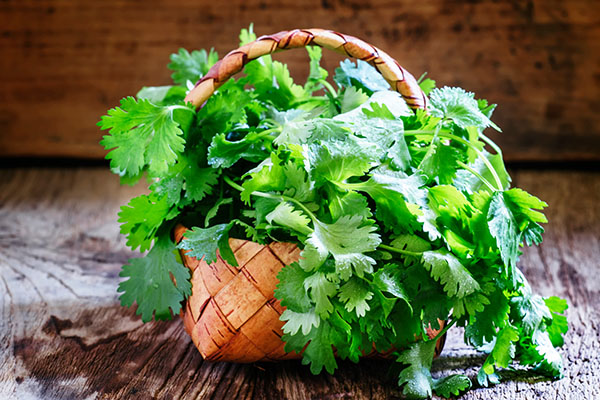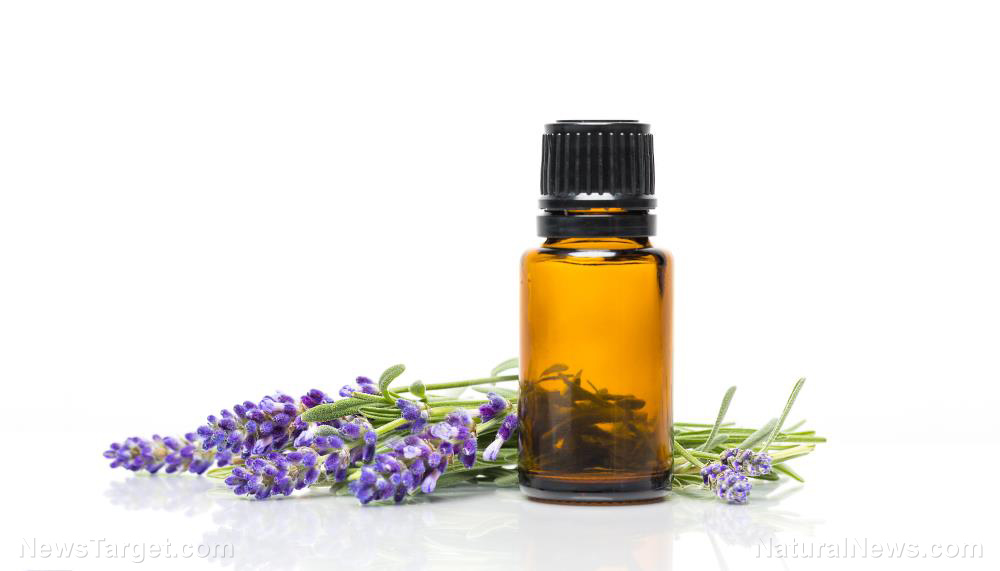Artemisinin from sweet wormwood treats not just malaria but also CANCER
07/05/2023 / By Ethan Huff

A unique class of antimalarial drugs known as artemisinins, or just artemisinin, shows promise as a novel anti-cancer therapy.
Research published in the journal Pharmacology & Therapeutics explains that repurposing drugs for other purposes, such as artemisinin for cancer, “can significantly shorten new therapeutic discovery pathways, ensuring greater accessibility and affordability globally.”
“Cancer is a leading cause of death globally and the majority of cancer related deaths occur in Low and Middle Income Countries (LMICs) where conventional treatment options are often limited by financial cost,” the study further explains.
“Artemisinins have an excellent safety and tolerability profile as well as being affordable for deployment in Low and Middle Class Income Countries at around USD1 per daily dose. Robust, well designed clinical trials of artemisinin drug repurposing are indicated for a variety of different cancers and treatment settings.”
(Related: Artemisinin is also a remedy for malaria, several localized cases of which have emerged in Florida and Texas.)
Artemisinins are safer and arguably more effective than chemotherapy and radiation
It was Nobel Prize winner and eminent Chinese scientist Prof. Youyou Tu who four decades ago first discovered that artemisinin is a powerful remedy for malaria. The drug class is used all around the world to mitigate the disease.
Since then, the artemisinin class of drugs has continued to intrigue scientists and medical professionals because they recognize that its repurpose potential as a novel therapeutic agent for other conditions is strong.
“Artemisinins are a remarkable class of compounds that have shown promising cytotoxic effects against viruses, fungi and a variety of cancers as well as powerful anti-inflammatory effects in animal models of asthma, sepsis, arthritis, pancreatitis, systemic lupus erythematosus and haemorrhagic shock,” the paper explains, citing a litany of sources to back their use for each of these unique purposes.
Keep in mind that, despite being labeled as “drugs,” artemisinins are technically natural in that they are derived from sweet wormwood (Artemisia annua L.). They represent a family of sesquiterpene trioxane agents that contain an active metabolite known as dihydroartemisinin, or DHA for short.
“Artesunate, artemether and arteether are derivatives of artemisinin that are wholly or partially converted into the active metabolite dihydroartemisinin (DHA),” the study reveals.
“Sweet wormwood (qinghao) has been used in traditional Chinese medicine for two millennia to treat fevers and a variety of inflammatory conditions. Humanity has probably wrestled with the life-threatening global epidemic of malaria since as far back as 770 BCE with a detailed description of symptoms of malaria described in the Inner Canon of the Yellow Emperor, written around the time of the Chun Qiu and Qin Dynasties (770–207 B·C.).”
Renowned Chinese physician Ge Hong (284-363) listed qinghaosu as an essential remedy for fevers in the publication Emergency Prescriptions Kept up one’s Sleeve. He also wrote a treatise called “On Airs, Waters, and Places” in 400 B.C. when Hippocrates was describing “agues” and “tertian fevers” as frequently affecting people who lived close to swamps and marshlands where mosquitoes happen to live and breed.
Fast-forward to today and artemisinins are not only being used to treat malaria but also cancer.
“The antimalarial quinine was used in the early 20th century as an anti-arrhythmic agent to treat atrial fibrillation,” the study explains.
“Difluoromethylornithine (DFMO) which was originally developed as an anti-cancer therapy has been repurposed as a treatment for sleeping sickness. To date there are over 100 candidate drugs undergoing drug repurposing clinical trials for cancer.”
“An artemisinin drug repurposing programme for a number of cancer types, with a variety of clinical settings and combination therapies from pump priming window studies to Phase III clinical trials is urgently needed.”
Looking for more information about how to deal with cancer naturally? Visit CancerSolutions.news.
Sources for this article include:
Submit a correction >>
Tagged Under:
alternative medicine, anticancer, artemisinin, Censored Science, Chinese medicine, discoveries, health science, herbal medicine, Herbs, natural cures, natural health, natural medicine, natural remedies, phytonutrients, plant medicine, research, sweet wormwood
This article may contain statements that reflect the opinion of the author
RECENT NEWS & ARTICLES
PlantMedicine.News is a fact-based public education website published by Plant Medicine News Features, LLC.
All content copyright © 2018 by Plant Medicine News Features, LLC.
Contact Us with Tips or Corrections
All trademarks, registered trademarks and servicemarks mentioned on this site are the property of their respective owners.

